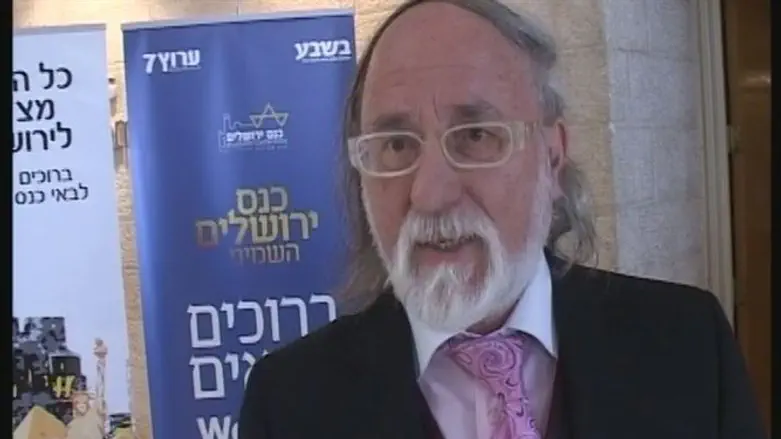
Arab terror, which has accompanied the Return to Zion and the establishment of the State of Israel for more than 120 years, is incomparably cruel. Rioters, terrorists, and inhuman murderers carry out attacks that do not distinguish between women, children, and the elderly, and whose entire aim is to bring death and destruction.
But there is no doubt that the incident in which the two reserve soldiers were murdered, Yossi Avrahami and Vadim Nurzhitz, was one of the most painful and horrific. The two mistakenly entered Ramallah and Palestinian policemen led them to the lynch and took an active part in it.
The act of lynching and murder and maiming the bodies took place the day after Yom Kippur in 2000, immediately after the beginning of the second Intifada.
Despite the years that have passed, many of us remember the blood-stained pictures of the murderers and the crowd gathered around the bodies in Al-Manar Square. The Palestinian Authority made every effort to conceal the documentation of the event, without success - Italian television filmed the event and it was broadcast. Undoubtedly, contempt of the soldiers' bodies encouraged more acts of terror and significantly impaired the army's ability to deter terrorism. The Israeli government, in the wake of the incident, toughened its position and actions against terrorist operatives.
Khatam Maghari, one of the lynch perpetrators, was convicted of murder and has since been serving his prison sentence. Last night it became clear that the same Maghari was about to be released due to the shortening of his sentence and his sentence being readjusted to 11 years only.
The circumstances of the release are puzzling and raise serious questions regarding the discretion behind the decision to release him. If Maghari was a party to the murder and took part in the lynching, why was he released? The message that is conveyed to potential terrorists is that a lenient punishment will be imposed by Israel for heinous acts. If it turned out that there was a visual or other difficulty casting a shadow on his conviction, why did it take so many years to identify the difficulty? The late identification sheds a grim light on the judicial system insofar as it relates to terrorist attacks.
The families of the soldiers who were murdered in cold blood, like all citizens of the state, are entitled to a detailed explanation of the reason for the immediate release in a retrial after an indictment had been amended, even though petitions regarding the conviction were filed and rejected. The convicted murderer will quickly become the hero of the Palestinian street, in the Palestinian kindergartens boys and girls will appear waving hands dipped in red as they were immediately after the murder. Abbas will receive him in his office and his family will continue to receive the support given to all the terrorists who are sitting in Israeli jails.
It would be proper that an objective legal opinion should examine all the circumstances of the case, and especially the legal proceedings that led to the conviction and the arrangement that led to the release. That is not how to build a bulwark in the war against terror, and certainly not how to build the trial.
Courtesy of Israel Hayom